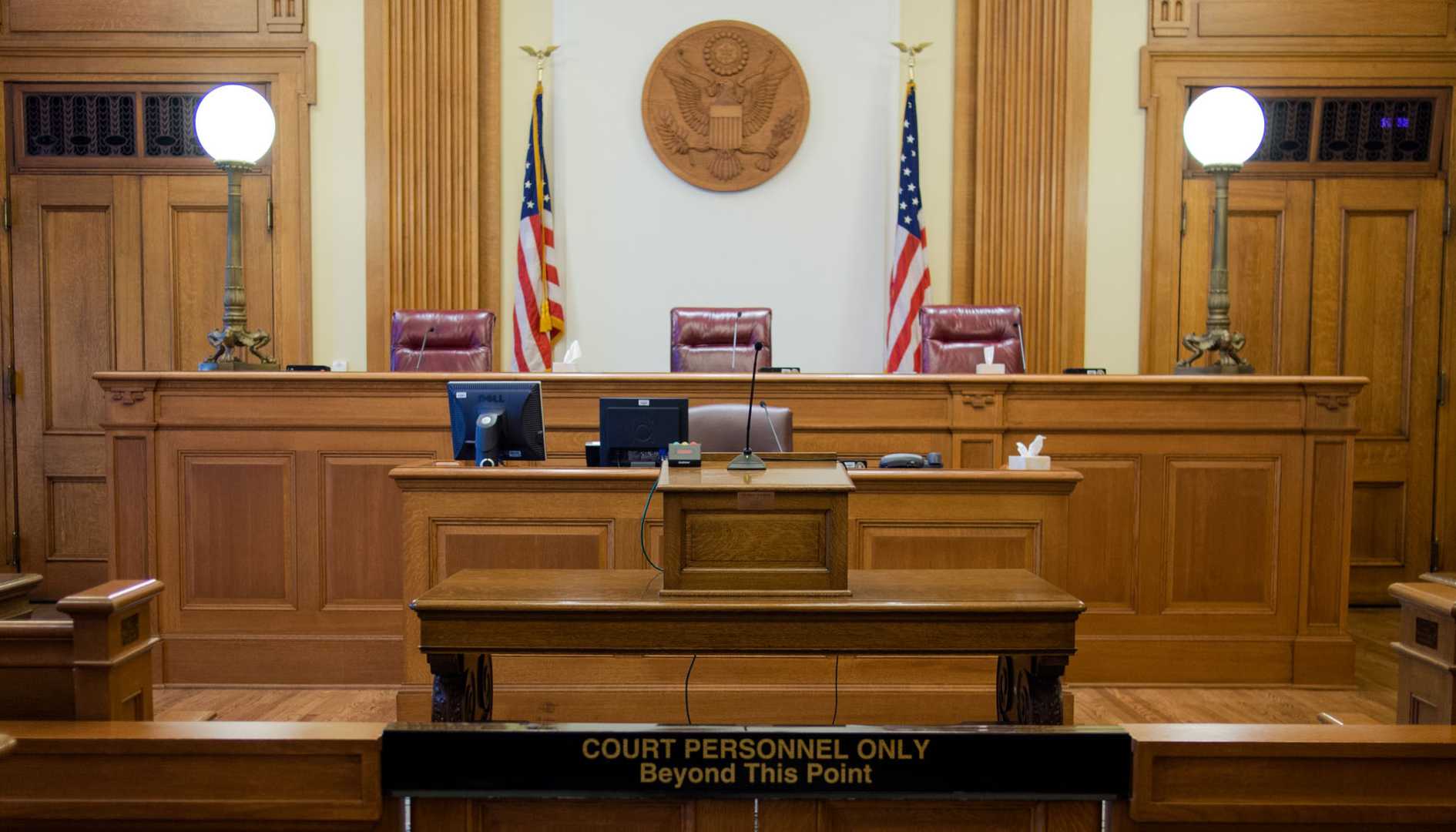Politics
Federal Judge Blocks Immigration Directive Affecting 530,000 Migrants

WASHINGTON, D.C. — A federal judge has temporarily blocked a major immigration directive affecting over 530,000 migrants from Cuba, Haiti, Nicaragua, and Venezuela. The ruling comes as Department of Homeland Security Secretary Kristi Noem discusses her agency’s efforts against immigration abuses.
Judge Indira Talwani issued her order on Monday, demanding that the affected migrants receive individual case reviews instead of a blanket revocation of their work permits. The directive in question stems from a program initiated under former President Joe Biden in 2023, known as the CHNV humanitarian parole program.
In her ruling, Talwani stated, “The Termination of Parole Processes for Cubans, Haitians, Nicaraguans, and Venezuelans is hereby STAYED pending further court order.” This applies to migrants paroled into the United States under programs that originated during the Biden administration.
Under the CHNV program, migrants could enter the U.S. with American sponsors and enjoy a temporary two-year stay. However, the program faced significant criticism due to cases of fraud and high-profile crimes committed by some recipients.
According to an announcement made in March, these migrants must vacate U.S. soil by April 24 if their humanitarian parole is canceled. This notice was officially published on March 25.
The Biden administration has defended the program, arguing it facilitates better vetting of migrants entering the country amid an overwhelming influx at the southern border. However, Secretary Noem’s recent appearance on ‘Fox & Friends‘ highlighted the Trump-era view that such policies could be perceived as lawless.
A Trump administration official responded to Talwani’s ruling, stating, “It is pure lawless tyranny,” underscoring the ongoing contention regarding immigration policies set forth by different administrations.
This case reflects the larger divisive national dialogue on immigration and the various measures used by officials from past and current administrations to manage the situation. The implications for those affected by this ruling remain significant as concerns about border security and migrant treatment continue to escalate.












